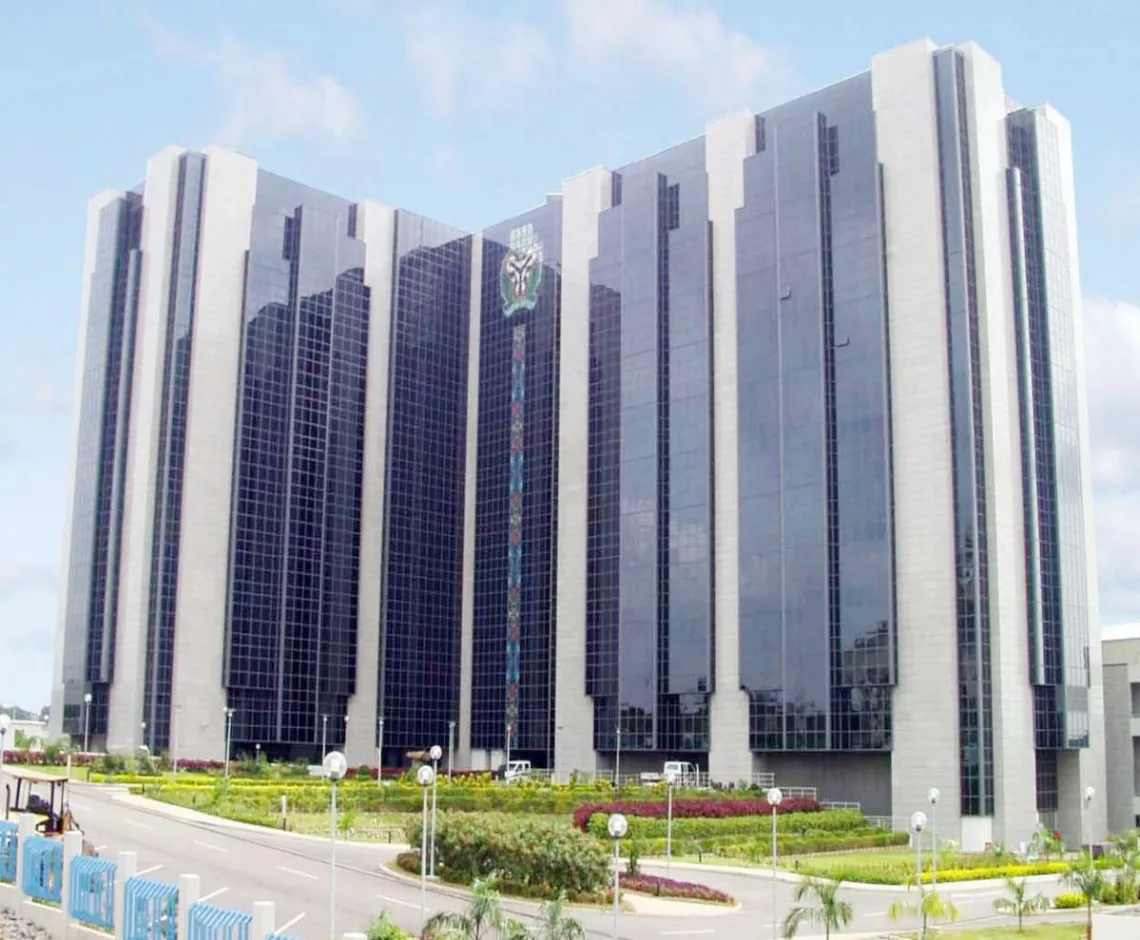With the latest tightening by the Monetary Policy Committee of the Central Bank of Nigeria (CBN), benchmark interest rate in Nigeria now has the fifth highest rate in Africa.
Rising from its 290th the MPC had raises Monetary Policy Rate by 50 basis points from 17.5 per cent to 18 per cent whilst leaving all other parameters unchanged in line with its tightening stance.
The decision of the committee to raise rate was in in continuation of efforts to curb the rising inflation in Nigeira, the MPC had at its previous five meetings raised the Monetary Policy Rate. The latest makes it the sixth time in a row, as the apex bank races to rein in inflation in the country.
Despite a marginal decline in inflation rate in December last year, the rate at which prices rise resumed its upward trend in January and February this year rising to 21.91 per cent last month according to latest data from the National Bureau of statistics.
Speaking at the end of the meeting, the governor of the CBN, Godwin Emefiele, said the MPC had observed with concern, the marginal increase in headline inflation (year-on-year) in February 2023, to 21.91 per cent, from 21.82 per cent in January 2023, a 0.09 percentage point increase.
“This increase was attributed largely to a minimal rise in the food component to 24.35 per cent in February 2023, from 24.32 per cent in January 2023, while the core component moderated to 18.84 per cent in February 2023, from 19.16 per cent in January 2023. The shocks to the food component were driven by high cost of transportation of food items, lingering security challenges in major food producing areas and legacy infrastructural problems, which continue to hamper food supply logistics.
“Headline inflation, in the view of members, remained high with increased expectations of price development, due to the perennial scarcity of PMS and ongoing discourse around the removal of fuel subsidy. With the prices of other energy products also rising, members stressed the importance of addressing price development.”
Having it in mind that loosening could reverse the slowing rise in inflation, the committee had considerations had been on continuing its tightening to further dampen the rising inflation trajectory or hold to observe emerging development and allow for the impact of the last five rate hikes to permeate the economy.
Emefiele noted that “the MPC observed the continued upward risk to price development around expectations on the removal of the PMS subsidy; rising prices of other energy sources; continuing exchange rate pressure; and uncertain climatic conditions. These in the view of members, provides a compelling argument for an upward adjustment of the policy rate, albeit, less aggressively. The Committee, however, noted that the naira redesign and cash withdrawal limit policies have resulted in a sizeable reduction in Currency-Outside-Banks, indicating an expected improvement in the potency of monetary policy tools.”
The Committee also considered the impact of international events on the economy. The MPC noted that renewed fears of a global financial contagion are forcing investors to move away from the equities market to safer assets such as gold, while others seek higher returns in treasury securities with improved yields.
“With several advanced economy central banks progressing with monetary policy normalisation, global financial conditions will likely remain tight, thus reinforcing the reassignment of financial portfolios to reflect the risk aversion of investors.
“MPC focused its attention not only on the inflationary trends in most major economies, but also on the reported impact of policy rate hikes: aimed at rein-in inflation on financial system stability in the global financial system.
“The MPC hence took time out to discuss the recent bank failures in the US and Switzerland, an event that occurred following the persistent interest rate hikes in the US, and how this has adversely impacted the broad portfolio of banks in the US. It noted that whereas MPR was increased by 500 basis points in Nigeria, from 12.5 per cent in 2022 to 17.5 per cent in January 2023, the Financial Soundness Indicators (FSIs) in Nigeria shows that the Nigerian banking system remain resilient due largely the stringent prudential guidelines put in place by the CBN which has resulted in a strong build-up of not only the Cash Reserve Ratio (CRR) in Nigeria, but also the Liquidity Ratio and capital Adequacy Ratio.





